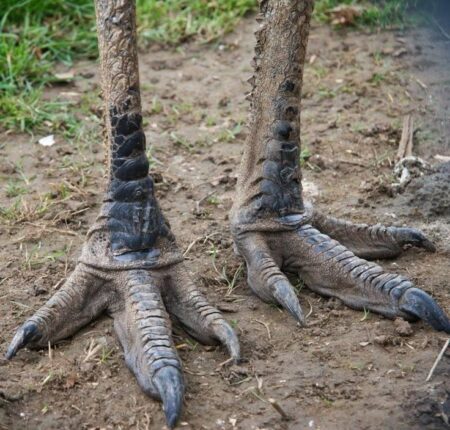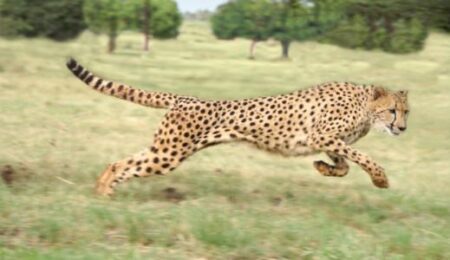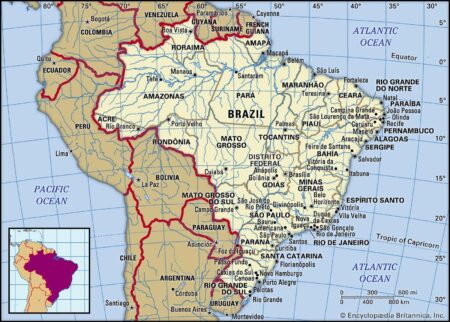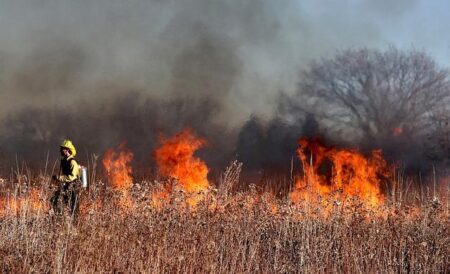A captivating viral image showcasing the distinctive toes of emus has sparked a conversation about the pressing issue of invasive species in Australia. As these remarkable native birds grapple with habitat loss and the challenges posed by non-native wildlife, this striking photograph powerfully underscores the critical importance of conservation efforts.
Browsing: ecological impact
In 1932, Australia boldly declared ‘war’ on the relentless rabbit invasion, determined to rein in their explosive breeding and the havoc they wreaked on the environment. A biologist delves into the lasting effects of this extraordinary campaign and uncovers which side truly claimed victory in this epic battle.
Germany is steadily advancing towards its ambitious 2030 climate goals, as highlighted by government advisers. Yet, there are growing worries that without bolder actions and a steadfast commitment to sustainable practices, these future objectives could be at risk amid persistent challenges
Exciting new research has uncovered that French men have a carbon footprint that’s a staggering 26% higher than that of women! This difference is primarily driven by their love for red meat and a heavier dependence on cars. Such findings underscore the urgent need for tailored climate initiatives aimed at curbing emissions effectively.
Canada has taken a bold step by filing 200 charges against ArcelorMittal, citing serious violations of the Fisheries Act. These charges arise from pressing environmental concerns tied to the company’s operations, igniting a crucial conversation about corporate responsibility and the importance of regulatory compliance.
In a groundbreaking development, scientists have created a remarkable ‘super cannibal’ that stays in its larval stage indefinitely. This innovative approach could be the key to tackling Australia’s invasive cane toad crisis. By focusing on the intricate dynamics of the toad’s life cycle, this breakthrough offers a promising strategy for controlling their population and restoring balance to local ecosystems.
Australia is under fire as shocking reports reveal “sniper shooting” operations aimed at hundreds of koalas during wildlife management efforts. Activists are outraged, labeling these actions as “an embarrassment” and urgently demanding more compassionate solutions to safeguard this beloved endangered species.
Recent research has unveiled surprising traces of DDT, a pesticide that has been banned in Canada since 1972, lurking in trout populations even decades later. This alarming discovery highlights the enduring legacy of chemical pollutants and their potential long-term effects on our precious aquatic ecosystems.
Brazil is set to initiate preliminary discussions in preparation for the COP30 climate summit, aiming to align strategies for combating climate change. These talks will lay the groundwork for the country’s commitments as host of the pivotal event.
Purdue University has been designated a Bee Campus USA affiliate, a recognition aimed at bolstering pollinator conservation efforts. This initiative fosters habitats for bees and other pollinators, supporting biodiversity and environmental sustainability on campus.
Recent findings suggest that during the “Great Dying,” the most catastrophic mass extinction in Earth’s history, an isolated region in China remarkably escaped the extensive biodiversity loss. This discovery sheds new light on survival during ecological crises.
France has initiated a comprehensive plan to adapt to a potential 4°C temperature rise by the century’s end. The strategy focuses on enhancing infrastructure resilience, fostering sustainable practices, and safeguarding biodiversity to mitigate climate impacts.
In a dramatic turn of events, Japan faces its most severe wildfire outbreak in decades, as video footage reveals extensive damage across several regions. Authorities are deploying emergency services to combat the raging flames and protect affected communities.
Japan has mobilized 2,000 firefighters to combat the worst forest blaze in decades, with flames spreading rapidly across multiple prefectures. Authorities are working diligently to contain the fire amidst challenging conditions, prioritizing community safety.
Japan is grappling with its largest wildfire in decades, as extensive dry conditions fuel the blaze across multiple regions. Authorities are deploying urgent measures to combat the flames and protect affected communities, highlighting increasing climate-related challenges.















